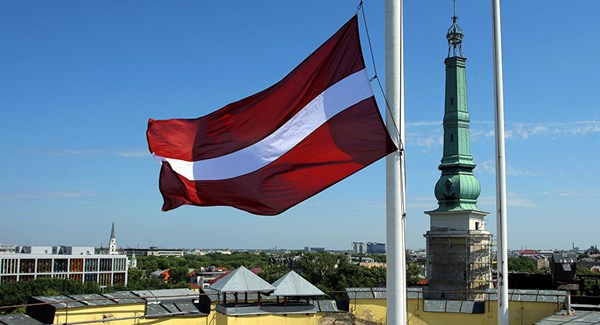Latvia hopes it has found a replacement for Russian oil
Latvia wants to become a participant in the “New Silk Road” transport project, taking into account the Russian company Transneft’s decision to stop exporting petroleum products through seaports in the Baltic States by 2018. This opinion was expressed by the president of the Baltic Association — Transport and Logistics (BATL), Inga Antāne, in an interview with Latvian television.
Antāne has high expectations for the upcoming November summit in Riga between the heads of the central and eastern European countries and China in the “16+1” format, where the “New Silk Road” will be discussed.
Latvia’s participation in this route is currently “actually the only opportunity for Latvia to avoid finding itself in transit isolation,” Antāne believes. “We have to be there. We strongly hope that we will be a part of the ‘Silk Road,’” the president of BATL noted.
“Latvia and other Baltic States have seaports with entry to both Scandinavian and Russian markets, and not very many countries have such an opportunity,” Antāne stressed.
She noted that the decrease in the volume of cargo turnover in Latvia began in 2015, especially through the Ventspils free seaport. Responsible officials were informed about the situation, encouraging them to reconsider and develop competitive prices to preserve the transit status of Latvia.
“I believe that the decrease in cargo flow in Latvia may be considered critical, especially taking into account the last statement made by Russia that it may completely stop exporting petroleum products through seaports of the Baltic States, including Latvia, by 2018. That is why our association and its enterprises believe that the situation in the industry is critical, especially taking into account that transit is the second largest industry of historical significance in Latvia, generating about EUR 1 billion per year for the Latvian economy,” Antāne said.
